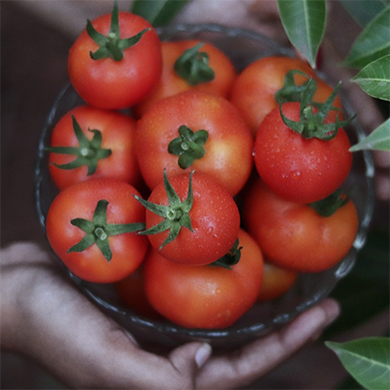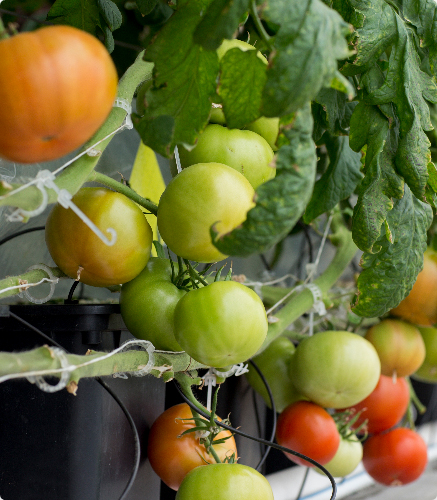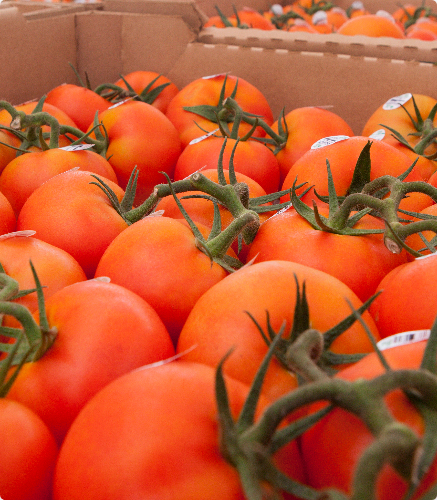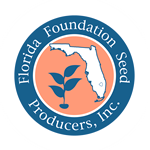A marker-assisted hybridization program is under way primarily to incorporate disease-resistant genes into elite, recurrent parental lines and select for resistance in new breeding materials. Considerable progress has been made with respect to resistance to begomoviruses (such as tomato yellow leaf curl virus). UF/IFAS breeders and a cooperating lab in the Netherlands have identified one of the major genes for resistance (Ty-1), and the program has recently developed horticulturally-improved materials containing this gene.
An exciting recent development in the UF/IFAS tomato breeding program has been the discovery of the Ty-6 resistance gene, a gene that is being widely used commercially and provides resistance against a broad range of begomoviruses. Genomic markers are also being used to facilitate breeding for resistance to bacterial spot, bacterial wilt, and graywall.
The UF/IFAS tomato breeding program is also focusing on releasing more heat-tolerant cultivars and developing compact growth habit (CGH) tomatoes that do not require staking, pruning, or tying. These CGH lines have concentrated fruit set, firmness, and jointless pedicels that could allow for once-over mechanical harvest and much less labor input.
The UF/IFAS program has also initiated work to provide a portfolio of superior varieties (such as 'Garden Gem' and 'Garden Treasure') with superior flavor and high yield to the home gardener. Several additional varieties are in advanced trials. The program utilizes hybrids between modern, high-yielding parents and the best-tasting heirloom varieties.





